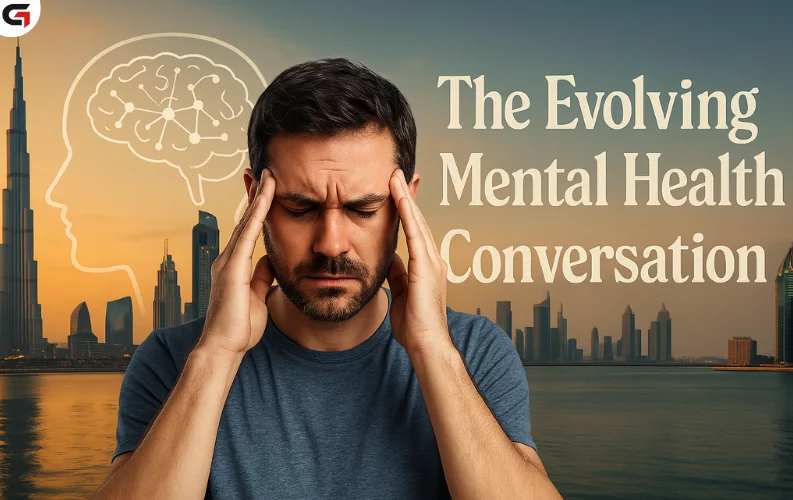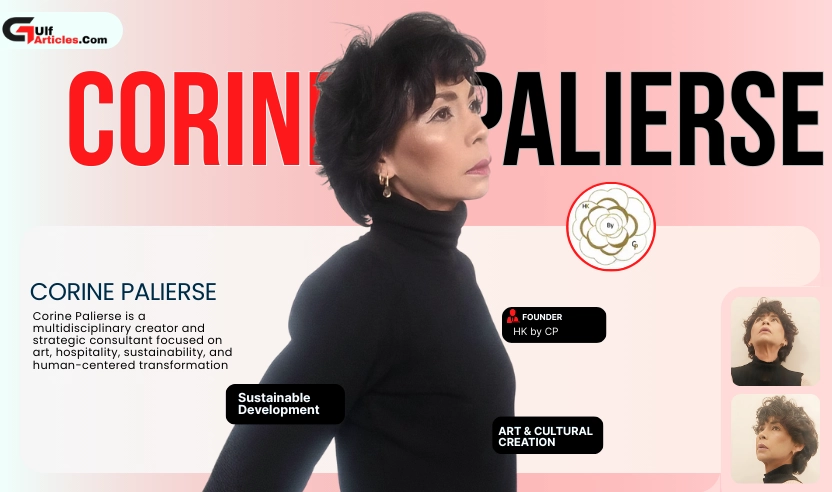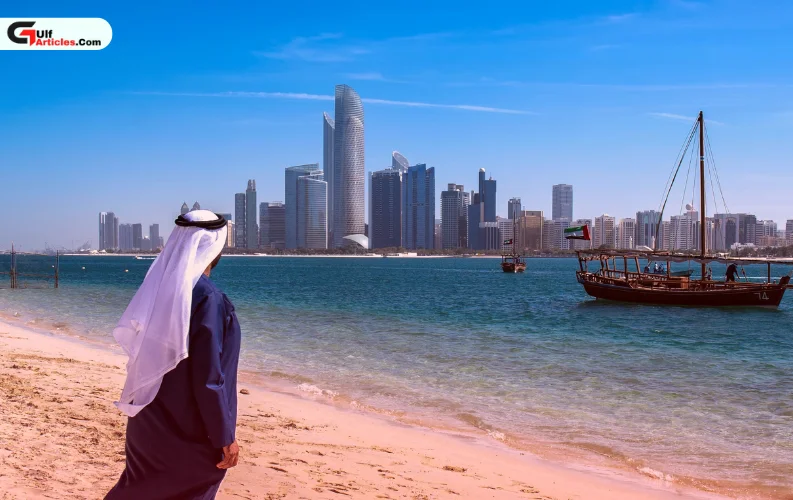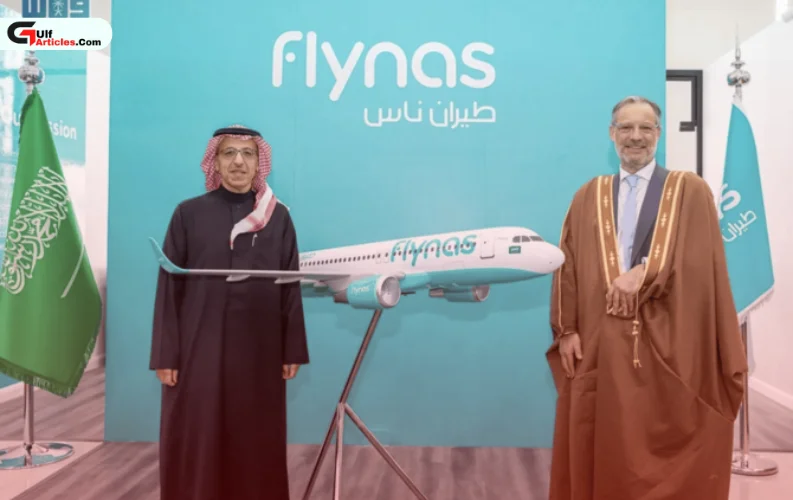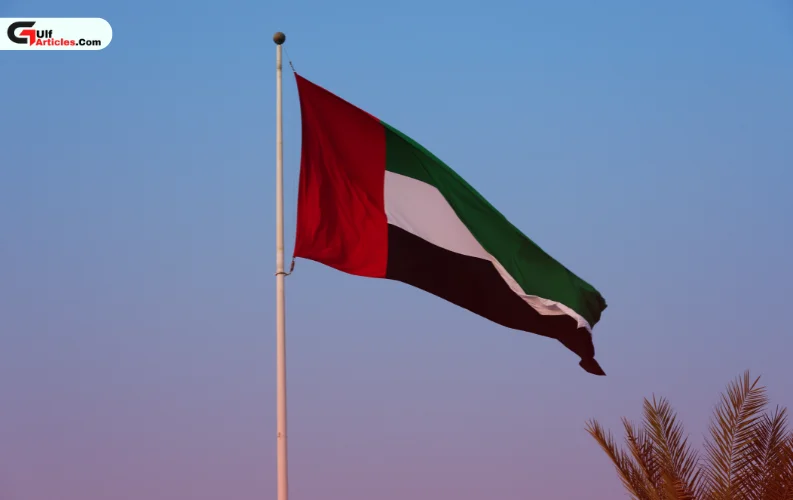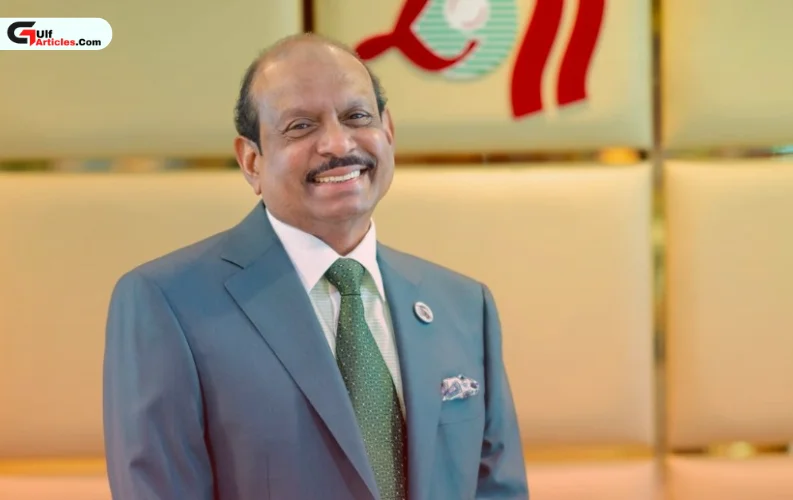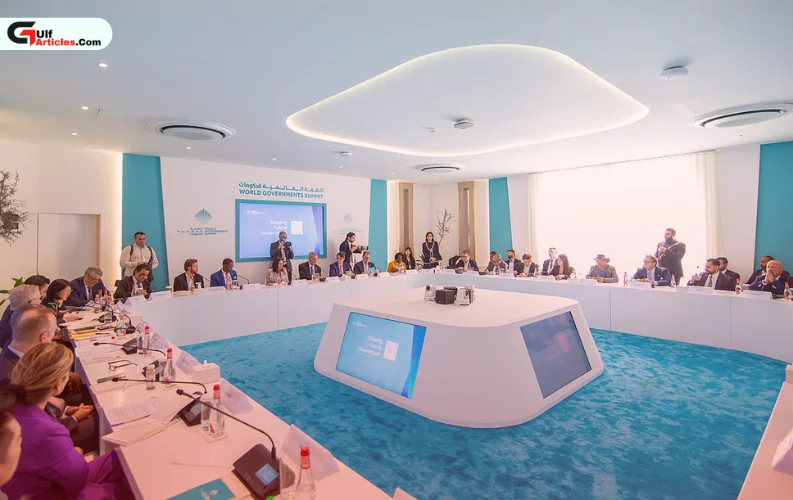For decades, mental health remained a quiet, often unspoken subject across the Gulf region. Conversations about depression, anxiety, trauma, or emotional distress were commonly met with silence, skepticism, or stigma. In a society rooted in tradition, where strength and resilience are prized virtues, vulnerability was often misinterpreted as weakness.
Yet, over the past few years, the narrative has started to shift. In cities like Riyadh, Dubai, Doha, and Manama, there is now a growing acknowledgment that mental health is health, and that emotional well-being deserves the same care and attention as physical health.
From government policy changes to social media advocacy, from youth-led campaigns to digital therapy platforms, the Gulf is witnessing a mental health awakening. It’s still early, but it’s powerful. The silence is being broken.
Also Read:- Advancements in Gene Therapy: Paving the Way for Treating Genetic Disorders
Cultural Context: Why Mental Health Was Long Overlooked
Understanding the mental health evolution in the Gulf begins with recognizing the cultural and societal structures that shaped it.
Key Influencing Factors:
-
Strong family-centric values often discouraged sharing private struggles outside the home.
-
Religious or spiritual explanations were sometimes the only accepted interpretations of psychological distress.
-
Fear of judgment or social exclusion deterred individuals from seeking help or speaking out.
-
Lack of mental health education in schools, workplaces, and public health systems contributed to misconceptions.
Until recently, seeking psychological help was considered taboo in many Gulf households. Mental health was rarely discussed openly, and therapy was perceived as either unnecessary or shameful. This mindset left many struggling in silence.
A Generation Demanding Change: Youth, Openness, and the Digital Era
The shift in perception is largely being driven by younger generations, digital natives, social media users, and globally connected individuals who are no longer willing to accept outdated norms about emotional well-being.
Key Drivers of Change Among Youth:
-
Influence of Social Media:
Platforms like Instagram, TikTok, and Twitter are filled with Gulf-based creators sharing mental health experiences, promoting self-care, and breaking myths. -
Access to Global Conversations:
Exposure to global mental health discourse, especially during the COVID-19 pandemic, normalized therapy, journaling, mindfulness, and emotional openness. -
Changing Education Systems:
Universities in the UAE, Qatar, and Saudi Arabia are increasingly offering mental health resources on campus, alongside awareness campaigns and mental health days. -
Celebrities Speaking Up:
Gulf influencers and artists have begun publicly sharing their mental health journeys, creating space for honest conversation and community support.
This cultural shift is turning mental health from a subject of shame into a shared cause.
Policy Reforms and Governmental Recognition
Governments across the GCC have taken meaningful steps to address the mental health gap.
Progress Across the Region:
-
United Arab Emirates:
Launched a National Policy for the Promotion of Mental Health. The UAE government now runs awareness programs, online counseling portals, and corporate well-being initiatives. -
Saudi Arabia:
Through Vision 2030, the Ministry of Health has integrated mental health into primary healthcare and is increasing psychiatric facilities and training. -
Qatar:
The National Mental Health Strategy (2013–2022) helped position mental well-being as a core healthcare priority. Hospitals like Sidra Medicine and Hamad Medical Corporation lead in mental health services. -
Bahrain and Oman:
Both have included mental health in their national health plans, focusing on community-based care and destigmatization through public health campaigns.
These developments signal a clear message: mental health is not a luxury, it’s a national responsibility.
Related Article:- Understanding Thyroid Disease: A Comprehensive Guide
The Rise of Digital and Accessible Mental Health Solutions
While access to in-person psychiatric care remains uneven, digital tools are filling the gap.
Leading Innovations:
-
Online Therapy Platforms:
Services like Shezlong, Takalam, and Ayadi are offering Arabic-speaking therapists through secure video sessions, addressing both convenience and privacy concerns. -
Mental Health Apps:
Gulf audiences are now downloading local and international wellness apps that offer meditation, journaling, mood tracking, and CBT-based exercises. -
Telehealth Integration:
Hospitals and private clinics now offer remote psychological consultations, allowing individuals to seek help discreetly. -
Corporate Wellness Platforms:
More Gulf-based companies are offering employee access to therapy and mindfulness tools through digital subscriptions or intranet wellness portals.
Accessibility, affordability, and anonymity are making it easier than ever for residents, especially young adults, to prioritize their mental health.
Challenges That Remain: Breaking the Silence is Only the Beginning
Despite progress, real barriers still exist:
-
Stigma in Conservative Families:
Many still avoid seeking help out of fear of social judgment or misunderstanding within their community. -
Lack of Mental Health Professionals:
There remains a shortage of trained psychologists and psychiatrists in rural or less-populated areas of the Gulf. -
Cost of Private Therapy:
While public health efforts are growing, private sessions remain expensive, limiting access for low- and middle-income groups. -
Limited School-Based Mental Health Programs:
Few Gulf schools have full-time counselors or emotional wellness curriculums, missing an opportunity to start young. -
Workplace Mental Health Remains Underdeveloped:
Only a minority of companies in the region offer structured mental health support, despite rising employee burnout and stress.
Overcoming these challenges will require continued policy investment, education reform, and cultural dialogue, especially in family and religious settings.
Key Ways the Gulf is Supporting Mental Health in 2025
To summarize the progress, here are some standout regional initiatives:
-
Government-Led Campaigns:
Including hotlines, online therapy, and free resources in Arabic. -
University Mental Health Clinics:
Especially at institutions in UAE and Qatar, offering counseling and peer support groups. -
Social Media Mental Health Influencers:
Providing visibility, relatability, and destigmatization. -
Private Sector Partnerships:
Offering employee therapy sessions, workshops, and burnout prevention programs. -
Integration with Primary Care:
Screening for mental health issues during routine doctor visits is becoming more common.
Also Like This:- Top 10 Home Workouts to Stay Fit Without a Gym
Conclusion: A Region Reclaiming Emotional Well-being
The conversation around mental health in the Gulf is no longer a whisper. It is growing louder, in classrooms, offices, homes, and online platforms. While the journey from taboo to acceptance is ongoing, the region is making bold strides in redefining what strength looks like.
In today’s Gulf, strength is not about silence. It’s about speaking up. It’s about community, vulnerability, and care.
As governments, creators, healthcare providers, and families come together, the region is building a future where mental well-being is as important as any other part of life, visible, validated, and supported.
You may also like:-



